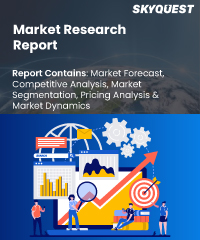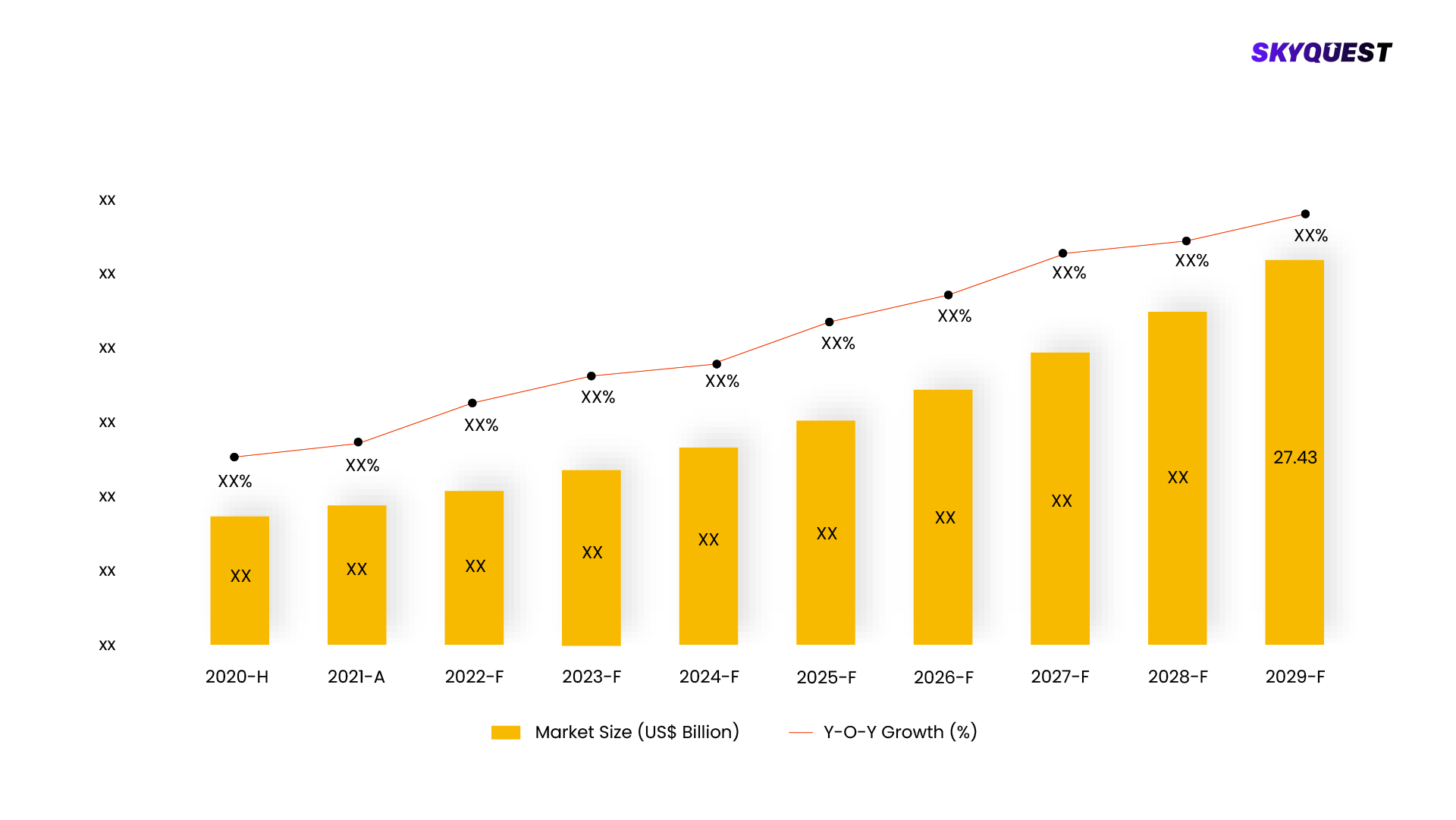
Product ID: UCMIG15A2100

Report ID:
UCMIG15A2100 |
Region:
Global |
Published Date: Upcoming |
Pages:
165
| Tables: 55 | Figures: 60
The global market for post-consumer recycled plastics is anticipated to reach a value of USD 16.7 billion by 2027, with a compound annual growth rate (CAGR) of 10.6% during the forecast period. The market growth is expected to be supported by increasing plastic consumption in the production of lightweight components used in various industries, including construction, automotive, and food processing. Additionally, the demand for various packaging products has increased due to the rise in online purchases of electrical and electronics, cosmetics, personal care products, and personal protective equipment (PPE) such as gloves and face masks amid the global COVID-19 pandemic situation. This is expected to contribute to the growth of the post-consumer recycled plastics market.

This report is being written to illustrate the market opportunity by region and by segments, indicating opportunity areas for the vendors to tap upon. To estimate the opportunity, it was very important to understand the current market scenario and the way it will grow in future.
Production and consumption patterns are being carefully compared to forecast the market. Other factors considered to forecast the market are the growth of the adjacent market, revenue growth of the key market vendors, scenario-based analysis, and market segment growth.
The market size was determined by estimating the market through a top-down and bottom-up approach, which was further validated with industry interviews. Considering the nature of the market we derived the Commodity Chemicals by segment aggregation, the contribution of the Commodity Chemicals in Diversified Materials and vendor share.
To determine the growth of the market factors such as drivers, trends, restraints, and opportunities were identified, and the impact of these factors was analyzed to determine the market growth. To understand the market growth in detail, we have analyzed the year-on-year growth of the market. Also, historic growth rates were compared to determine growth patterns.
Our industry expert will work with you to provide you with customized data in a short amount of time.
REQUEST FREE CUSTOMIZATIONWant to customize this report? This report can be personalized according to your needs. Our analysts and industry experts will work directly with you to understand your requirements and provide you with customized data in a short amount of time. We offer $1000 worth of FREE customization at the time of purchase.

Product ID: UCMIG15A2100